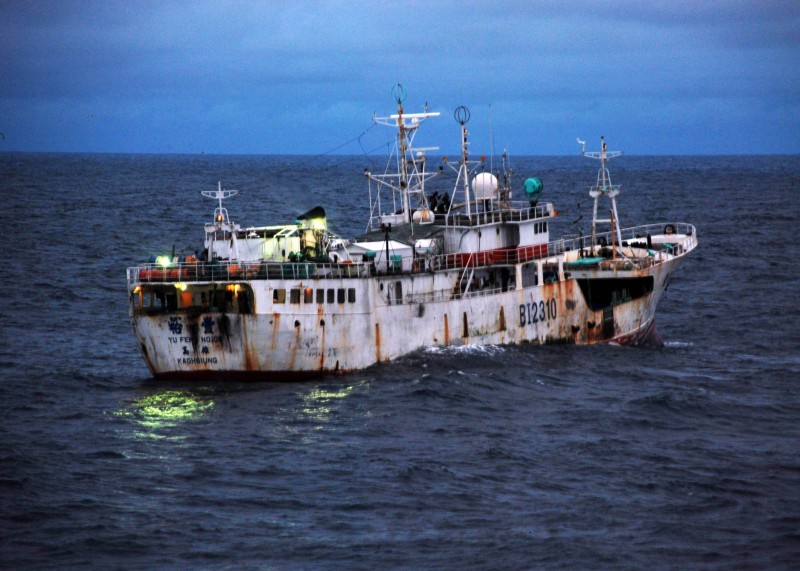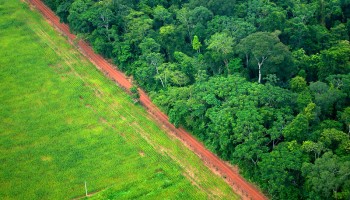The paper, published online on Monday in Nature, examines two global environmental commons--the world’s fish stocks and the Amazon rainforest. It uses open data to link the systematic abuse of these resources to the secrecy afforded by tax havens.
Researchers found that 70 percent of boats known to be involved in illegal fishing are registered in tax havens. That’s compared to just 4 percent of all fishing boats worldwide being registered in tax havens.
“These jurisdictions...facilitate the evasion of regulations designed to address overfishing and fisheries crime created by the fact that many well-known tax havens also qualify as secrecy jurisdictions in other regards, such as flags of convenience (FOC) states,” wrote the authors.
Nearly 30 percent of the world’s fish stocks are now overfished, according to FAO data. In 2009, losses from the world’s illegal fishing industry were at tens of billions of dollars each year.
Now, for those in less-developed nations, those losses mean violence, poverty, and starvation.
Meanwhile, in the Amazon, researchers examined foreign money flowing into Brazil’s beef and soy industries--the two largest drivers of deforestation the region.
They found that 68 percent of the US$26.9 billion transferred to Brazil’s nine largest beef and soy producers during peak years of deforestation came through known tax havens, like the Cayman Islands, the Bahamas, and the Netherlands Antilles.
By setting up in tax havens, said researchers, these companies benefited not only from low taxes, but were able to operate in greater secrecy owing to lax transparency standards in the countries in which they registered.
Late last month, Global Witness released a report tallying 207 murders of environmental defenders in 2017. More than ever, it said, those murdered were defending their communities against encroaching agribusiness.
Only in Brazil, 57 people were killed.






